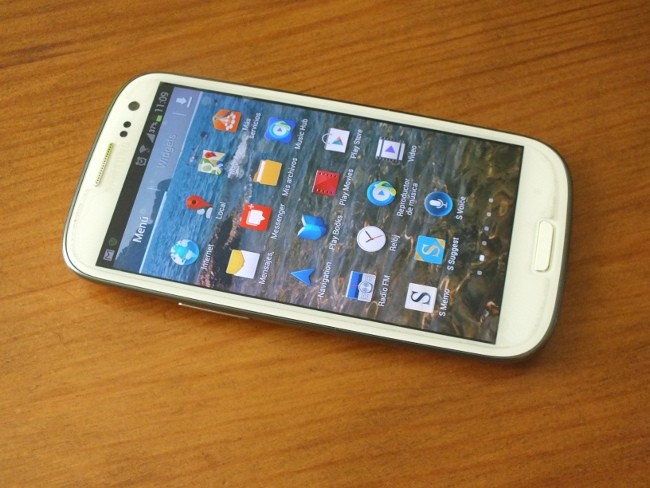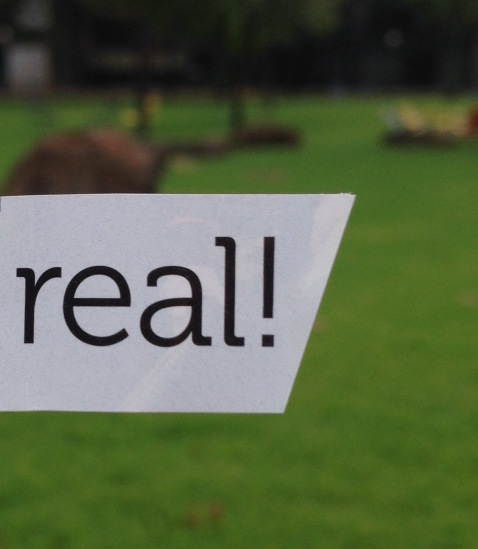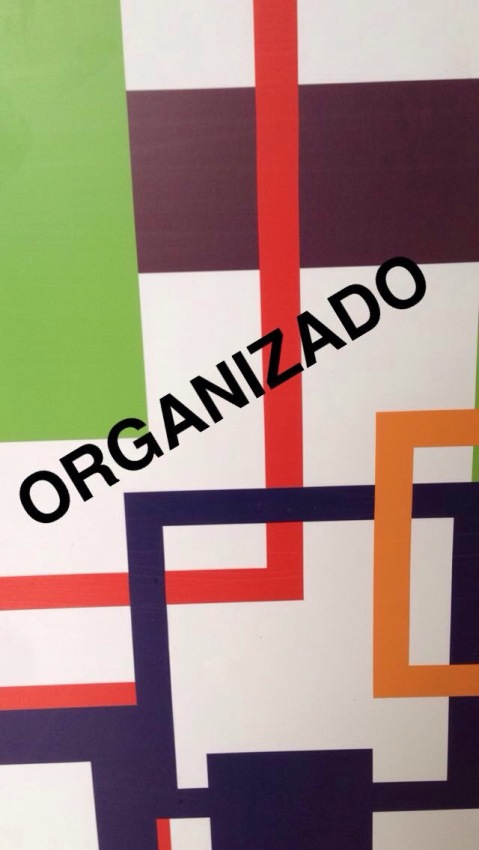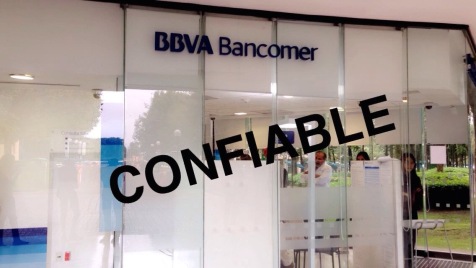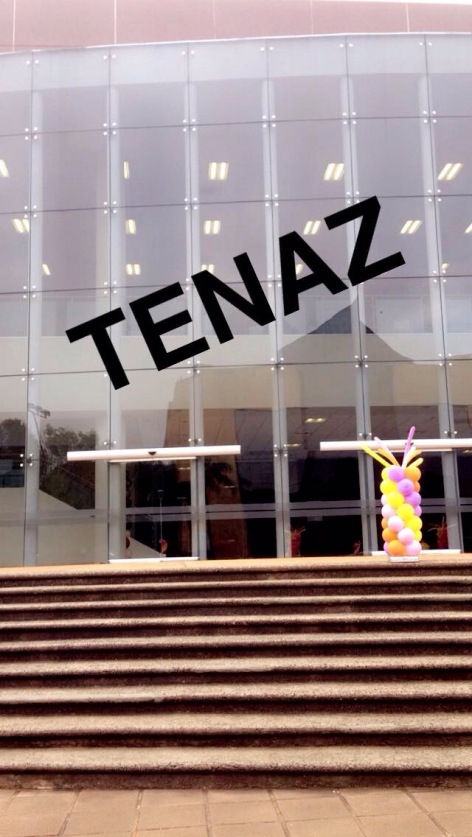--Originally published at Digital Identity
So before getting into my final thoughts of the course I would like to thank the teacher that made this course posible, Ken Bauer. I quite enjoyed the whole experience, and I feel it actually made a difference on me. I also want to thank Dave Cormier, Laura Gogia, Lee Skallerup, Alan Levine, Amy Burvall, Autumm Caines , Bonnie Stewart, Sundi Richard, Maha Bali, Diego Zavala, Rebecca Hogue and Helen DeWaard for sharing their views on the subject at matter. I really appreciate that you took time of your day to talk with us. You helped build a really great experience, so thank you for that.
Now, into the reflection. The reason that I like this subject is because my digital identity has been cut into two since I started leaving stuff in the internet. Recently, I decided to continue on in the internet with only one persona. This course helped me notice what I really wanted, how to do it, and what would imply to me, and the people around me. It also made me think about stuff that never came across my mind. Like when Ken mentioned that it’s okay to use your laptop on your lap, because after all, it is called a LAPtop. That completely blew my mind. In a more serious note, the course made me notice how important it is to be aware of what is said or posted about you in the web. To a certain point I thought that keeping a different personas would make things all good, but in reality I don’t actually want that. I want for people to know who I am and make sure they know what my work is.
This course helped me decide that I want to keep blogging. I want to get my weird thoughts out there, because maybe someone will be able to get something out of it. It also helps me keeping myself as sane as I can. I’ve always loved writing. It’s even therapeutic. Now, I’ll just post a selective few and share it with others.
I will probable keep updating this blog ever so often, but there’s only so much that I can talk about the subject without just getting out of subject.
So, yeah. Thank you for reading.



